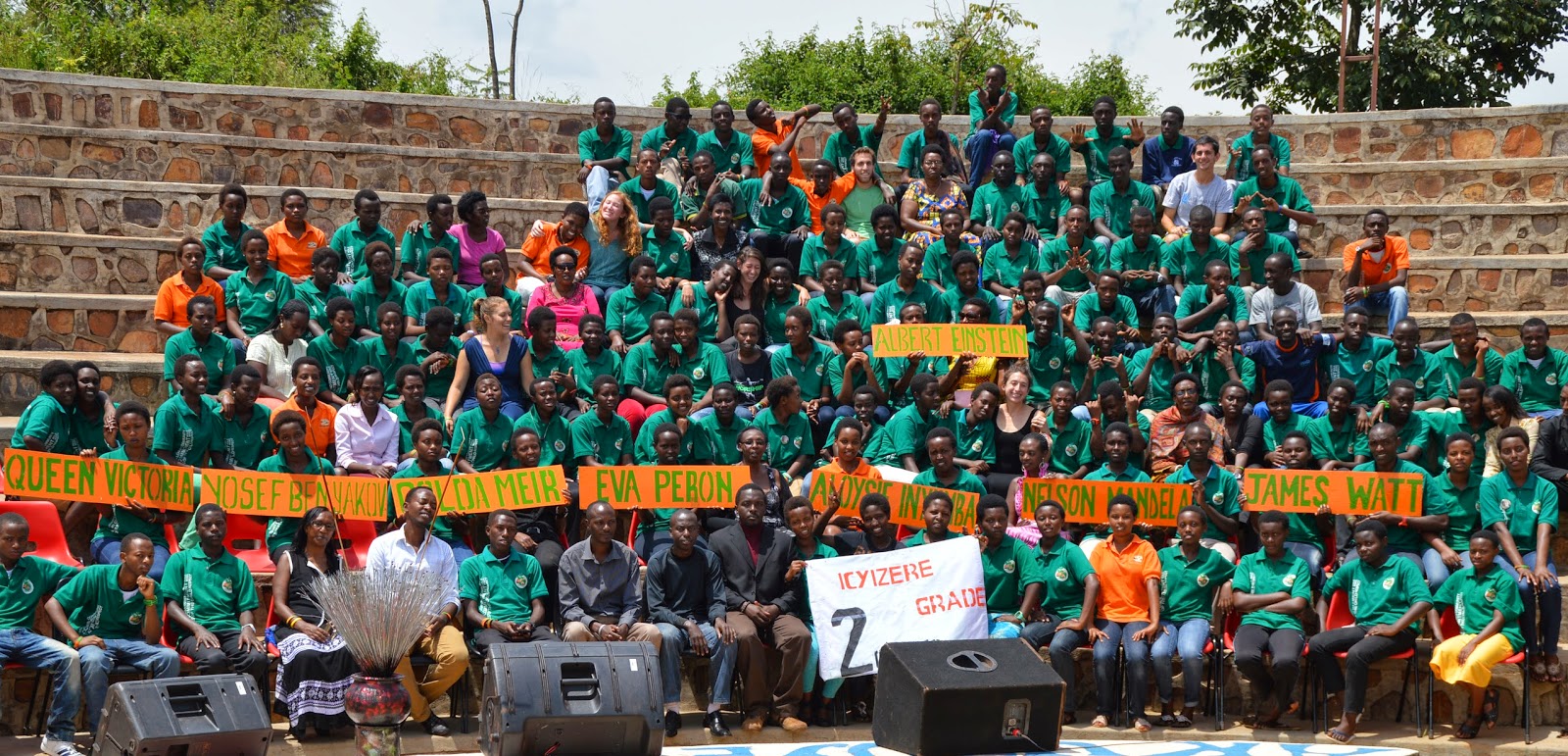My fellow Fellow and dear friend Yael Zaken
mentioned to me that this past Tuesday, May 13th, marked five months since our
arrival in Rwanda. After wishing each other a happy five-month anniversary, I
reflected on the time passed. It’s contradictory nature – the longest days
turning into the quickest weeks, the last minute mandatory, very “brief”
meetings maturing into all-day marathon events, the seemingly impossible
relationships blossoming into the sincerest friendships.
Here my emotional highs reach the grandest zenith while my
emotional lows burrow in the deepest crevasse. I’ve developed a regular
self-practice in yoga, which has helped me immensely in observing my feelings
and moods. Through this practice, the word “gratitude” has always floated to
the surface of my thoughts. I am grateful for my family – the familiar,
omnipotent love I have for my parents and sister and the new, growing love I
have for my family here. I am grateful for my friends – for the joy and silliness
they bring into my life. I am grateful
for the opportunity to work and live abroad, to be a part of something as
inspirational as the Agahozo-Shalom Youth Village.
I am grateful for the 50rwf avocados, the 300rwf pineapples,
the smallest, most delicious bananas – 100rwf a bunch. ($1 roughly exchanges to
693rwf. I realize I am grateful for a plethora of food – for those of you who
know me well, this should be no surprise). I am grateful for the indestructible
Nokia phone with a flashlight and free calls and messaging between ASYV staff. Last
and certainly not least, I am grateful for water, or as they say in
Kinyarwanda, amazi. Especially running water. And when there is no water, I give
all my sincerest gratitude to the wonders of wet-wipes.


















































